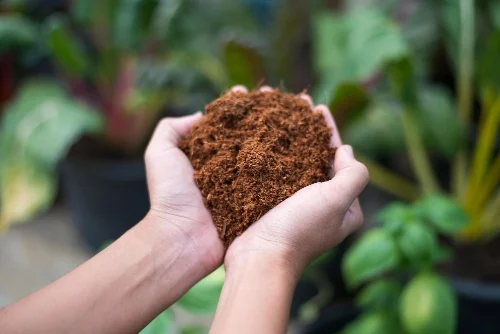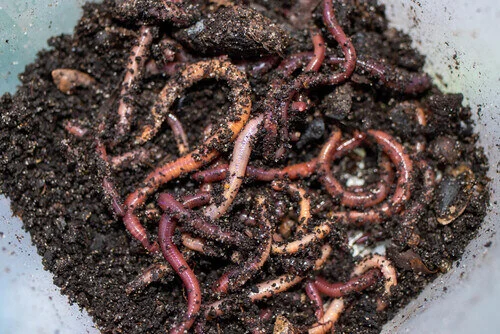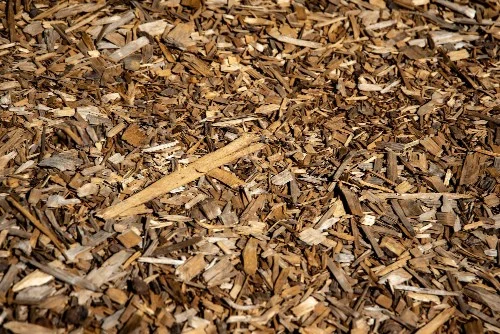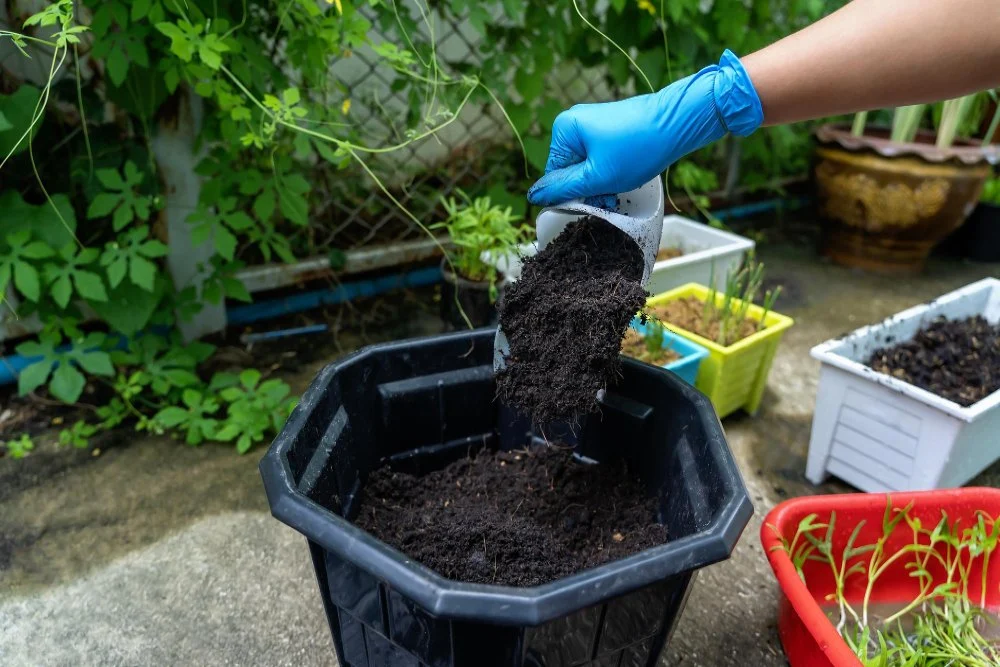Whether you have a balcony or want to add some greenery to your terrace, container gardening is one of the most rewarding and versatile ways. You can grow anything from seasonal flowers to herbs, vegetables, and more. Well, my guide to soil amendments for container gardening soil can be a game-changer for you.
As an experienced gardener, I have learned that the key to a good container garden lies in the quality of the soil. This is why the amendments you use are also important.
In this guide, I will transmit my knowledge and experiences on the best soil amendments for container gardening to help you create a healthy and productive garden.
Spoiler Alert: The best soil amendments for container gardening may not be the ones you expect to use. So, let’s check them out.
What Is Soil Amendments
Soil amendments are anything added to soil to improve its physical properties, such as drainage ability or fertility. Soil amendments improve nutrient retention in water in the best possible form for plant usage.
As a result, this ultimately boosts the development of the plants. Whereas fertilizers supply nutrients directly to the plants.
Overall, the right amendments can make all the difference in your container garden’s success.
Common Soil Amendments for Container Gardening Soil
Here, we will discuss some common soil amendments for container gardening soil. Let’s check them out.
Compost
Compost is a must-have for every gardener. It is highly rich in nutrients and has a high organic matter content. Compost improves soil structure, allows for healthy root growth, and improves the activity of the microbes in the soil.
I will never forget the first time I added compost to my containers. Just in one night, it seemed like my plants grew firmer and healthier.
I create my own compost out of yard garbage, cooking leftovers, etc. In addition, I like to start each growing season with a thick coating of compost added to my containers. It is a very good source of nutrients and helps to retain moisture.
Coconut Coir

Coconut coir is an awesome soil amendment made from coconut husks. It helps improve soil aeration and maintains constant soil moisture. I enjoy using coconut coir in my potting mix during summertime when my plants need extra hydration.
Vermiculite
Vermiculite is a mineral that grows when heated, resulting in a lightweight, spongy material. It is used to improve the aeration and water retention properties of the soil.
When I came across vermiculite for the first time, I was impressed by how it makes the soil loose and well-draining. This helped my plants a ton, preventing root rot and other moisture-related issues. Overall, adding some vermiculite to your containers will create conditions for your plants to access both water and air.
Perlite
Perlite is a sort of volcanic glass that also expands when heated. Nowadays, its use cases involve improving drainage and aeration properties of potting mix.
A noticeable advantage of perlite is that it makes the water drain away from your containers quickly and does not let the roots rot. In my experience, perlite is a savior for plants that are commonly affected by root rot.
Worm Castings

Worm castings or vermicomposts are worms’ waste. It is a wonderful organic mixture for your container garden. They possess vital micro-organisms and nutrients and contain a lot of helpful waste.
I frequently add vermicompost to my potting soil to provide my plants with a natural source of nutritious elements. The difference in the plant’s health and growth is great.
Bone Meal
Bone meal is a finely ground powder constructed from animal bones and is a great source of phosphorus and calcium. It’s particularly beneficial for flowering plants and root crops.
Utilizing bone meal into your potting mix can help promote strong root development and vibrant colors. I have used bone meal in my garden for years, and it always results in colorful flowers.
Peat Moss
Peat moss is a common acidic soil humus and is harvested from bogs. It is a great material that improves the texture of the soil, water levels, and acidity.
While many retail potting mixes contain peat moss, I have added a little extra to my potting soil over the years. This helps to keep my container’s soil moist. Furthermore, it also helps to maintain the acidic level needed for proper growth.
To sum up, this has certainly helped my blueberries and other acid-loving crops.
Wood Chips and Bark
Wood chips and bark are great soil amendments as they help to improve soil structure and water retention. Additionally, they take a long time to decompose. Hence, provides a long-term source of organic matter.

In my garden, I use wood chips as mulch on the surface of my containers to help retain moisture and suppress weeds. This not only keeps the soil healthy but also gives my garden a neat and tidy appearance.
Manure
Manure is another traditional soil amendment to container gardening that adds organic matter to the soil. It also contains essential plant nutrients. Additionally, manure adds bulk to the soil, making it easier to work with.
Well-composted manure is ideal for container gardening, as it improves soil fertility without the risk of burning plant roots. I often mix composted manure into my potting soil to provide a nutrient-rich environment for my plants.
However, just make sure it’s well-composted to avoid any unpleasant odors or harmful bacteria.
Tips for Using Soil Amendments in Container Gardening
From my years of experience, I will share some tips that will come in handy when applying soil amendments in container gardening.
Conduct a Soil Test
Test your soil to find out what pH it is and whether there are other nutrients within the soil so you can choose appropriate amendments. Take advantage of soil testing – Many local extension offices offer this valuable service, so use it!
Start with a Quality Potting Mix
Successful container gardening starts with the soil. Therefore, use a good quality potting mix that has plenty of organic matter or amending ingredients.
Some gardeners do not add to their potting soils. They think the mix already has these ingredients. Yet, it’s one of the most important things out there.
Mix Amendments Thoroughly
Ensure you mix the amendment thoroughly with the potting mix so that all the plants benefit from the amendment. Uniform mixing of the various additives also prevents some plants from getting more nutrients than others.
Monitor and Adjust
This is essential to provide the best care for every plant you have planted. Container gardening needs frequent adjustment along with on-the-go monitoring. So monitor the growth of your plant and its overall health. Change anything that needs improving with respect to amendments.
In a Nutshell
As a gardener, I find that the practical use of soil amendments is the core of container gardening soil. They improve the soil structure and the ability to retain nutrients and moisture. As a result, creating the right environment for growing your plants.
Nevertheless, the question of whether you are a new gardener or an experienced gardener doesn’t matter here. Just by applying the right amendments, you can grow lush, tall plants in your containers. Happy Gardening!


